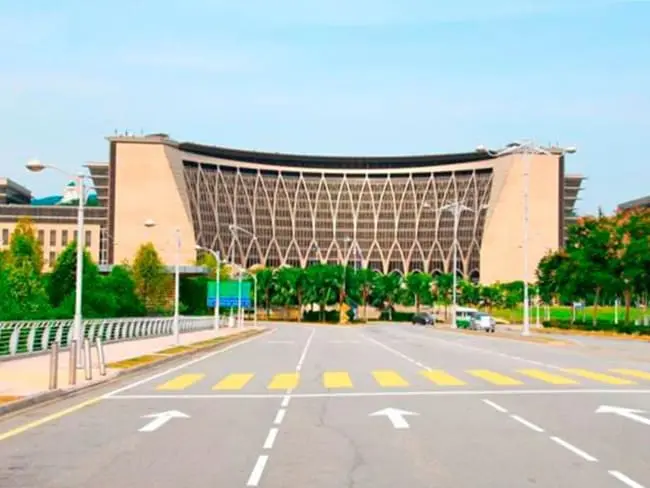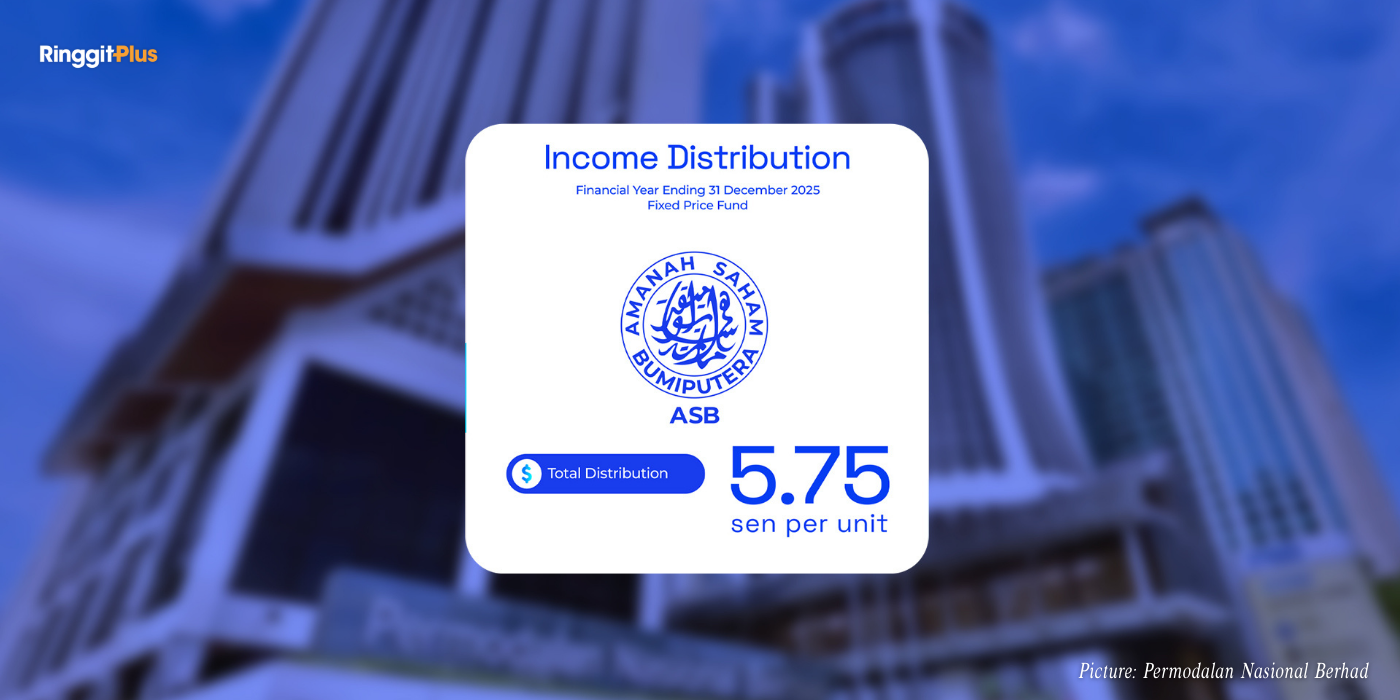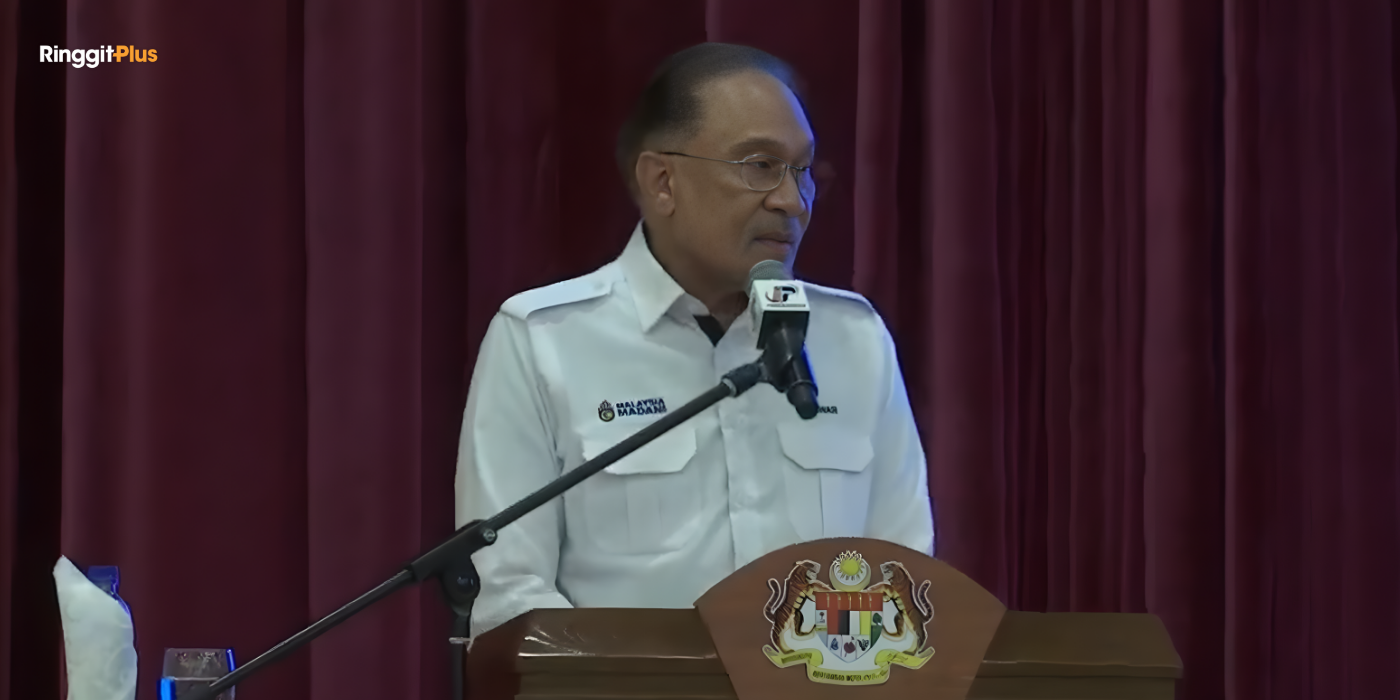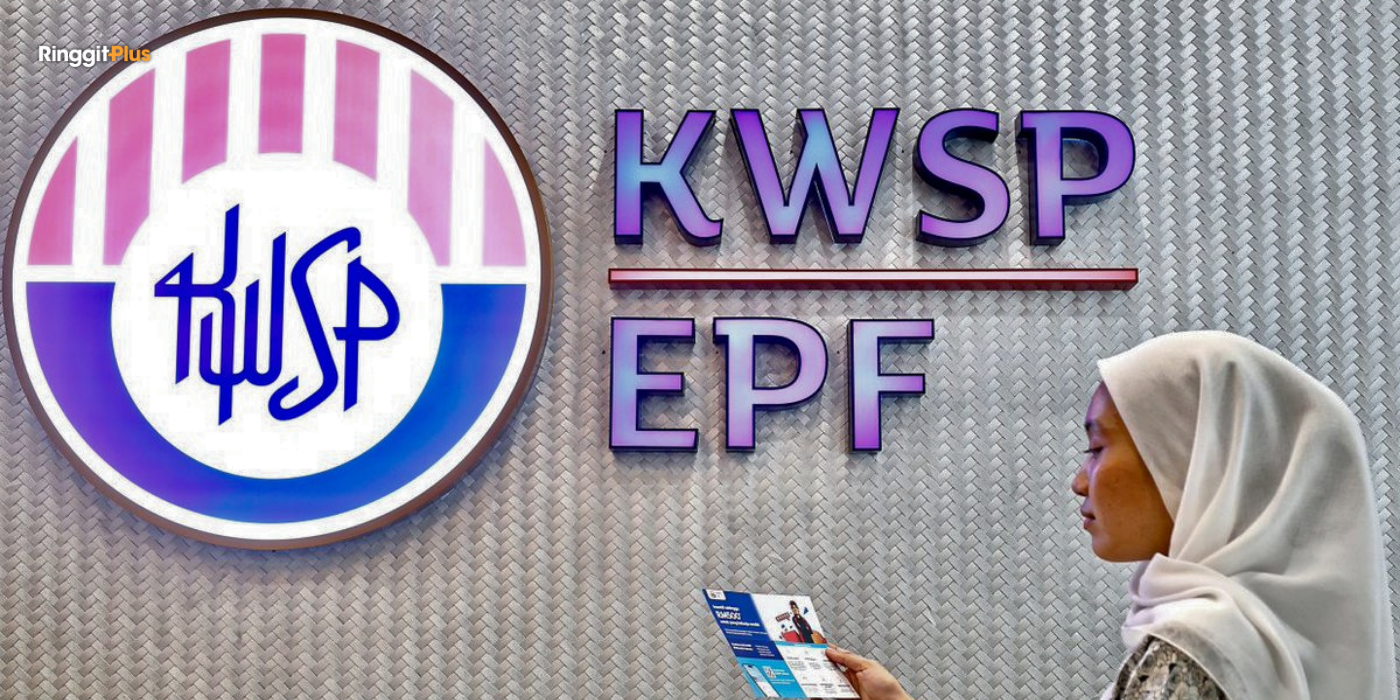Alex Cheong Pui Yin
1st September 2021 - 4 min read

The Finance Ministry has said that the government is examining methods that can help to increase tax revenue through better tax compliance. This was revealed in the maiden Pre-Budget 2022 statement that was released ahead of the tabling of the actual national budget.
In the statement, the Finance Ministry commented that this move is necessary as the tax collected from taxpayers in 2021 has been lower than expected. Specifically, the government had targeted to collect an estimated RM162.1 billion worth of taxes for the entire YA2021, including RM120 billion of direct taxes and RM42.1 billion of indirect taxes. However, as of July 2021, it has only collected RM67.4 billion in direct tax and RM24.8 billion in indirect tax. The government also foresaw a further decrease in the amount due to the Covid-19 pandemic.
In response to this, the ministry highlighted several new policies that it is looking to carry out to boost the government coffers and to reduce leakages. This is on top of the various strategies that it has already undertook to counter this problem.

One of the new recommended strategies that was brought up is the implementation of the Special Voluntary Disclosure Programme (SVDP) for indirect taxes administered by the Royal Malaysian Customs Department. Under this programme, taxpayers are encouraged to voluntarily declare any unpaid, underestimated, or erroneously reported tax to the Customs.
On top of the SVDP, the Finance Ministry said that it is also looking into the introduction of a Tax Compliance Certificate as a pre-condition for those who wish to bid for government contracts. Additionally, the government may also consider implementing the Tax Identification Number (TIN) and reviewing any tax treatment that is noted to carry possibilities of revenue leakage or harmful practices.
The government further said it is looking to address cross-border tax evasion by supporting the Base Erosion and Profit Shifting Action Plan (BEPS) initiative – which was launched by the Organisation for Economic Cooperation and Development’s (OECD). For this purpose, the Malaysian government is studying proposals under the initiative’s Pillar One and Pillar Two to ensure that Malaysia has the right to tax digital economy activities.

“Pillar One focuses on the determination of a country’s tax rights based on the nexus approach. Meanwhile, Pillar Two will introduce a minimum effective tax rate globally to ensure taxes are not the only key element in attracting foreign direct investment, and this can also address the possibility of aggressive tax planning by multinational enterprises (MNEs),” explained the Finance Ministry in the statement.
Meanwhile, existing measures that have already been announced thus far to increase the government’s revenue collection include imposing excise duty on electronic and non-electronic cigarette devices and expanding tourism tax levy to cover accommodation booked through online platform providers. The government has also carried out efforts to address the problem of revenue leakage, such as introducing tighter controls on the licencing and importation of cigarettes and tobacco products.
Additionally, in a bid to tackle revenue leakages through the smuggling of high-duty goods (estimated to be worth RM5 billion), the Finance Ministry has also chaired a multi-agency working group that formulated strategies to curb smuggling. This group was also bolstered by the participation of the Malaysian Anti-Corruption Commission and the National Financial Crime Prevention Centre.

“In addition, the government has streamlined the definition of related companies for the purpose of group relief claims, imposed penalties for failure to provide Transfer Pricing documents and stipulated the requirement for taxpayers to settle taxes before commencing any proceedings against the government/Director General of Inland Revenue,” said the ministry.
Prior to this, the government had commented that it will study all types of taxes to help fill the country’s coffers, although it also noted that the timing in doing so is extremely important. Several economists, too, have called for tax-related solutions in a bid to steer Malaysia away from another economic downturn in the future.
(Sources: Malay Mail, The Sun Daily)








Comments (0)